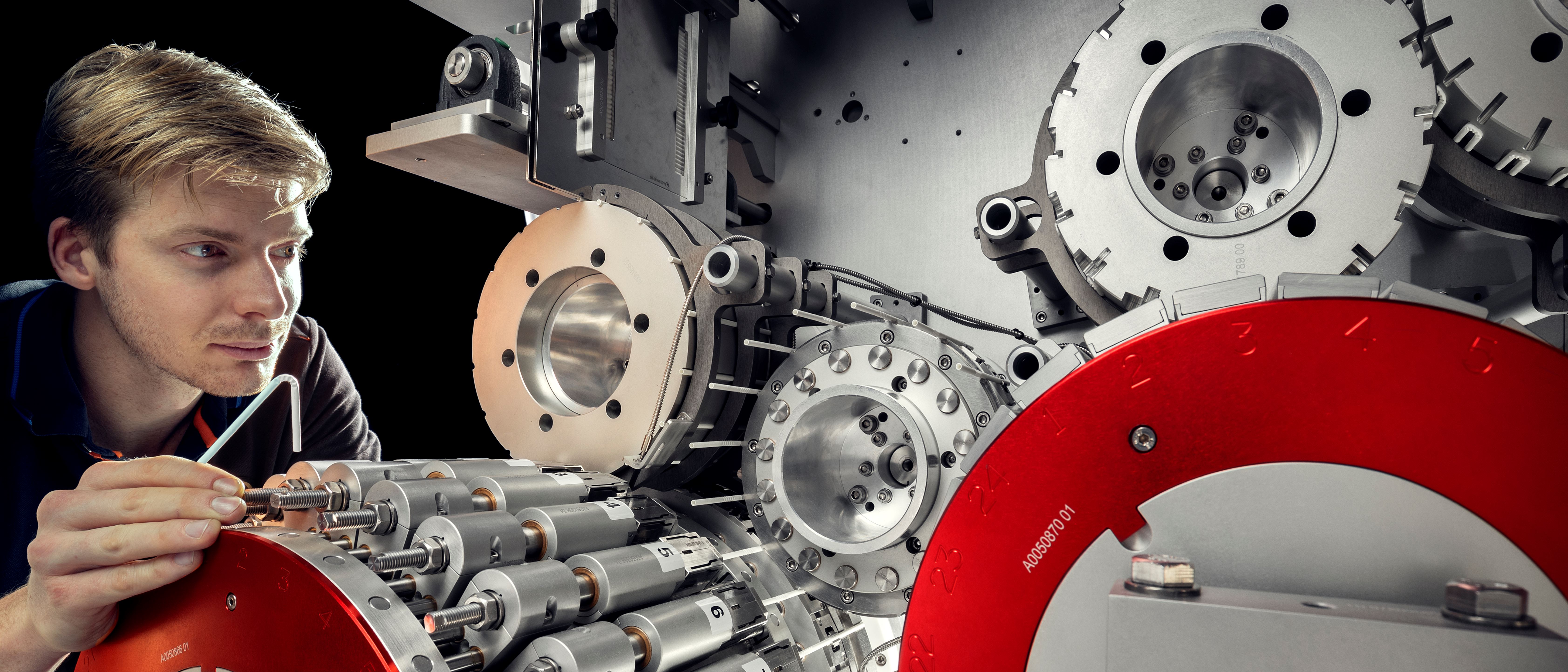In just over a year plastic straws will be banned in Europe. Machine builder Tembo from Kampen in the Netherlands has developed a machine that manufactures very strong paper straws at an extremely fast pace.
Worldwide, every year about 700 billion plastic straws are used and then discarded. The plastic straw has become a kind of symbol for the plastic pollution, because they are often so visible in the environment. Who hasn't seen the photo of that turtle with a straw in his nose?
In Europe, the use of plastic straws will be banned from 2021. So the search for an alternative is on. Plenty of paper straws are already for sale in the shops. “Often made in China and of dubious quality," says Arend van der Sluis, director of machine builder Tembo in Kampen. “The paper gets loose or becomes soft, the glue is of bad quality, the dyes used for the nice colours or even the paper itself are sometimes a health hazard, and often the straws are not biodegradable due to the materials used. Also, the straws are transported over long distances, even though they are used only once."
Technological gem
Soft drink producers and fast-food chains are looking for a better alternative to replace their plastic straws. “It may seem simple, but making a good paper straw is a technological challenge," says Arend.
The family-run company Tembo (‘Elephant’ in Swahili) is currently run by the fourth generation of the Van der Sluis family. Great-grandfather Hendrikus van der Sluis started with the production of cigars - ‘Olifant’ (elephant) was one of the brand names - and machines for the tobacco industry. The business grew into an international company that develops machines and technologies for mass production. For a long time, cigarettes and cigars were the main products. It is for this reason that the development of a straw-making machine was logical: this too involves rolling up paper in an ingenious way to form a thin tube. “Just like with cigars."
Small packets or sachets of soft drinks often come with thin straws with a diameter of only 3 millimetres. Such plastic straws will also be banned in Europe from 2021. Making these thin straws from paper is even harder than making the larger straws. “But we have been successful," says Arend van der Sluis. The most important achievement, in his view, is that the straws meet all the quality requirements. Super strong and sturdy, no bad taste and safe to use. And the machine is so small that a soft drink producer, in a manner of speaking, could make them at home.
Two billion paper straws vs 700 billion plastic straws
In Kampen the first machine has recently started production. The plan is to manufacture about two billion straws per year at this factory by the end of 2020. Compared to a total of 700 billion straws worldwide, this is only a small volume. Arend van der Sluis: “The objective is that the machines will be installed all over the world. We have already sold a couple of dozen of them and we hope to deliver more next year. After all, the market is much bigger."
Tembo straws are more expensive than the Asian alternatives. “In relation to the price of a cup of soft drink or a packet of chocolate milk it is only a small difference. It is probable that soft drink producers or fast-food chains prefer a slightly more expensive, safe straw to a straw that leaks."
It is not the ambition of Tembo to sell more straws. “To be honest, in the search for the perfect straw I have become quite depressed by the huge amounts of waste we produce," says Arend van der Sluis. “It would be better if we used fewer straws and other disposable products, such as disposable plates or cutlery. But if we do use them, they should preferably be good-quality degradable products."
This article has previously been published on Dutch newspaper Trouw


